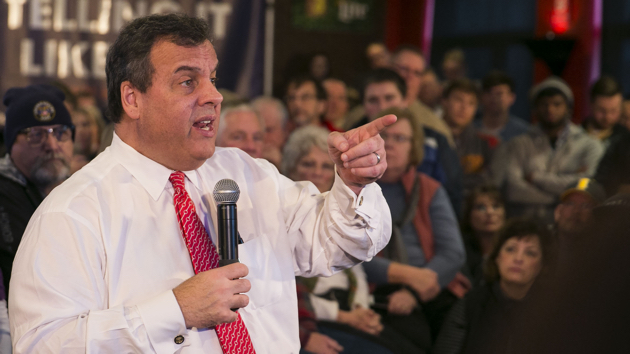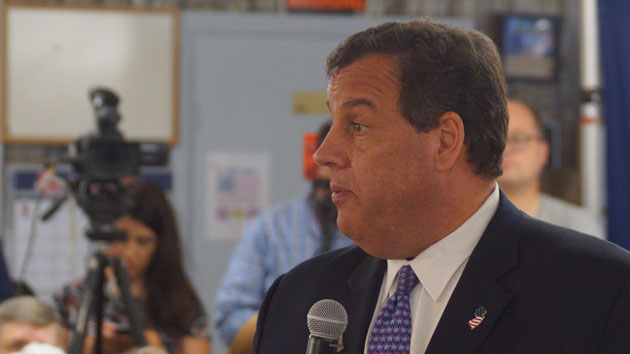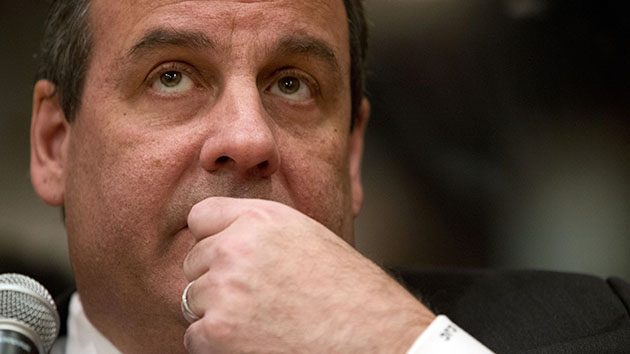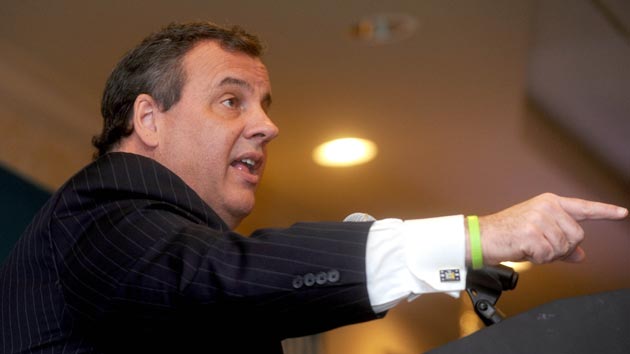
Congressional Quarterly/ZUMA
New Jersey Gov. Chris Christie’s presidential campaign never really caught steam. In Iowa, he’s barely registering in the polls, and in New Hampshire (seemingly friendlier territory) he’s generally in sixth place. So with the first votes fast approaching, he’s settled on a strategy of attacking the non-Trump frontrunners, particularly Sens. Ted Cruz and Marco Rubio, as dishonest politicians who are lying to voters.
At a town hall at the University of Iowa early Saturday morning, Christie devoted much of his stump speech to lambasting Cruz and Rubio for dissembling when it comes to their stances on immigration reform. “Here’s my only problem with Sen. Rubio and Sen. Cruz: they won’t tell you the truth,” Christie warned the Iowans, noting their equivocation on the immigration issue during Thursday’s GOP debate. “They stood there and tried to tell you that what you saw and what you heard, you didn’t see and you didn’t hear. That they didn’t change their positions at all. Sen. Rubio in particular.”
Christie led up to his attacks on Rubio and Cruz by making it clear that he actually doesn’t mind the traditional flip-flopping on issues that you see politicians make over long careers. “That’s ok, isn’t it? Isn’t it ok for thinking, breathing adults to change their mind,” Christie said. “I can tell you that the things I felt and believed in my 30s, a lot of those I feel differently about now that I’m in my 50s. I’ve had a life, had a lot of experiences, learned a lot of things. Hopefully, for god’s sake, we don’t stay static from the time we’re in our 20s and 30s to the time we’re in our 60s.”
But that’s not what Rubio and Cruz were up to, Christie said. It was switching positions without an honest reckoning, a disqualifying credential for a presidential candidate in Christie’s estimation. “The thing that disturbed me, the thing that I think is instructive about that moment in the debate,” Christie concluded, “is if they’re not going to tell you the truth about that, what else are they not going to tell you the truth about?”
















